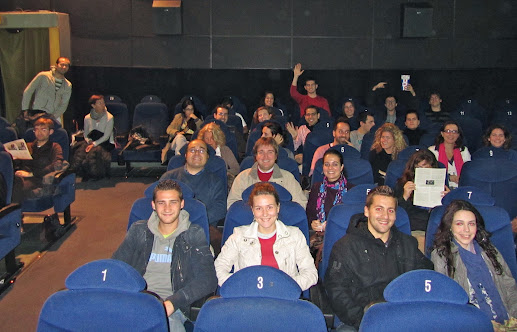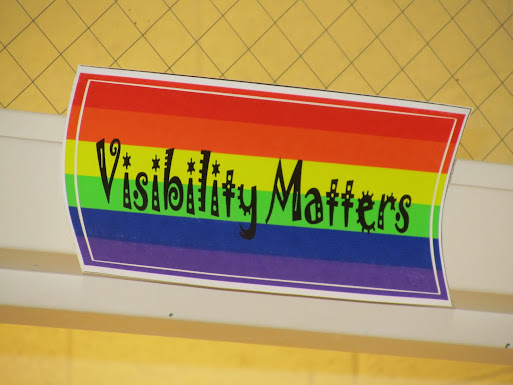Spain’s Law of Democratic Memory would condemn the regime of Francisco Franco and create a national DNA bank to help search for the disappeared.
PHOTOGRAPHS BY SANTI DONAIRE
TEXT BY JORDAN SALAMA
NATIONAL GEOGRAPHIC, JULY 26, 2022
Well into her nineties, Rosa Coscollá still remembered with perfect clarity the day that two policemen entered her house and took away her father. The year was 1939, near the end of the Spanish Civil War. She was just 15 at the time, living in the rural town of Xeraco, south of the city of Valencia.
When she saw her father for the next and last time, he was in jail—badly wounded, malnourished, a political prisoner. Vicente Coscollá Ibáñez was soon executed, and Rosa spent the rest of her life hoping for the day when DNA samples would be obtained from the mass grave to confirm where her father was supposedly buried.
"In her final years, she was obsessed with her father's case," says Jaume Coscollá Ferrer, Rosa's nephew. "She wanted to bring her father back and bury him—even a piece of his body, a bone, anything—with her."
Rosa died last year at 98, but her family’s situation is far from unique. Thousands living in Spain today lost relatives between 1939 and 1975, when Francisco Franco’s brutal military dictatorship killed or disappeared more than 114,000 people.
This week, the country is expected to pass a new law: Ley de Memoria Democrática (Law of Democratic Memory). It will declare that the Franco regime and its politically-motivated criminal sentences were illegal, and make the Spanish government legally responsible for recovering the bodies of the disappeared.
In 1977, two years after Franco’s death, Spain’s parliament passed an amnesty law. It declared that members of the regime could not be prosecuted for crimes committed during the dictator’s rule—or during the Spanish Civil War (1936-1939), which saw more than half a million deaths and led to Franco’s rise to power. The law became known as El Pacto del Olvido — The Pact of Forgetting. Franco officials and allies reintegrated into public and private spheres of influence without much, if any, retribution for the human rights violations they committed.
The right-wing Franco regime targeted not only members of the political opposition, but also unionists, members of the LGBT community, Romani people, and anyone else deemed enemies of the state. Some 2,500 mass graves are now thought to be scattered throughout the country; of the tens of thousands of bodies, they may hold, only a fraction have been identified.
In addition, for the first time, all assets that were seized by the military during the dictatorship will be investigated, and any titles of nobility granted by Franco will be eliminated. The new law will also establish a State Prosecutors’ Office for Human Rights and Democratic Memory, to create a national DNA bank and to investigate cases of human rights violations during the war and the dictatorship.
Though it has faced steep political hurdles, the 2022 Law of Democratic Memory would not the first of its kind to be passed. It builds upon the country’s 2007 Law of Historical Memory, which expanded rights for victims of the war and the dictatorship but was largely criticized for falling short in its scope.
The new law brings renewed hope to families whose relatives’ disappearances have loomed over the past 80 years. “There are so many families who, disgracefully, still can’t find their relatives,” says Laura Martín, whose great-grandfather, a town mayor, was assassinated for his left-wing politics and recently exhumed from a mass grave in Paterna, Valencia.
In addition, Martín sees a need to revisit the legal cases surrounding the assassinations. Many were marred by corrupt trials, she says, and justice never was served. “This new law supports the reality of those trials, which were completely unjust.”
Spanish photographer Santi Donaire has spent the past six years documenting the exhumation of mass graves and visiting the homes of these families whose relatives were murdered during the dictatorship. His black-and-white photographs are poignant reminders of the long-lasting wounds of political violence. “This is a project about a society that tries to repair its wounds, seek justice and rediscover its past,” he says.
Donaire’s project began in 2016, when he joined a search for the still-missing remains of the Federico García Lorca. The renowned Spanish poet was executed near the city of Granada by Nationalist forces at the start of the Spanish Civil War in 1936—allegedly for his socialist political beliefs and then-rumored identity as a gay man.
“What surprised me the most was the absence of any television or newspaper media, and the lack of institutional help in the search for one of the most important authors of Western literature,” Donaire says. If there was so little interest in the search for Lorca, Donaire thought, there would be even less effort to track down regular, anonymous people who had been disappeared.
But historical and societal trauma does not easily fade with the passage of time. Often this trauma is passed down through the generations, and many families resolve themselves to silence—out of shame or fear, or in order to shield younger members from the painful past. Some descendants, like Rosa, die waiting for closure.
Others have formed associations to continue the search for traces of their lost relatives. Even those who have succeeded in properly burying their relatives, such as Martín’s great-grandfather, say that the significance of the law stretches far beyond individual families, and requires a national reckoning of memory and justice.
“The country needs this reparation, this revelation, this realization that the Spanish government committed a very large error and we cannot forget it,” Martín says. “In 80 years, time has cured absolutely nothing. We need to recognize this history in order to bury it as it deserves.”
Photojournalist Santi Donaire began documenting the excavation of mass graves in 2016, during several months as a freelancer with the ArqueoAntro Scientific Association, which was investigating the disappearance of people during the Francisco Franco regime. Donaire has continued to document cases of the disappeared on his own. Follow him on Instagram @esedonaire.


















.JPG)










